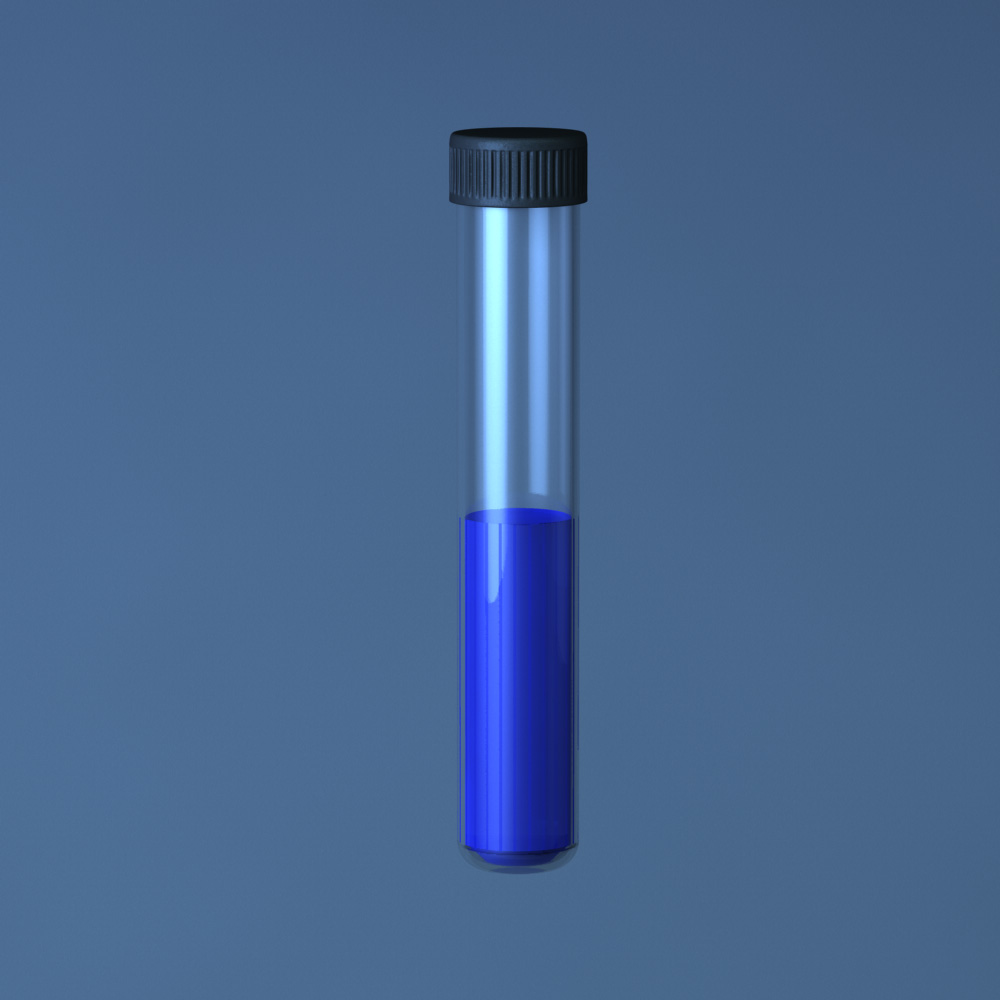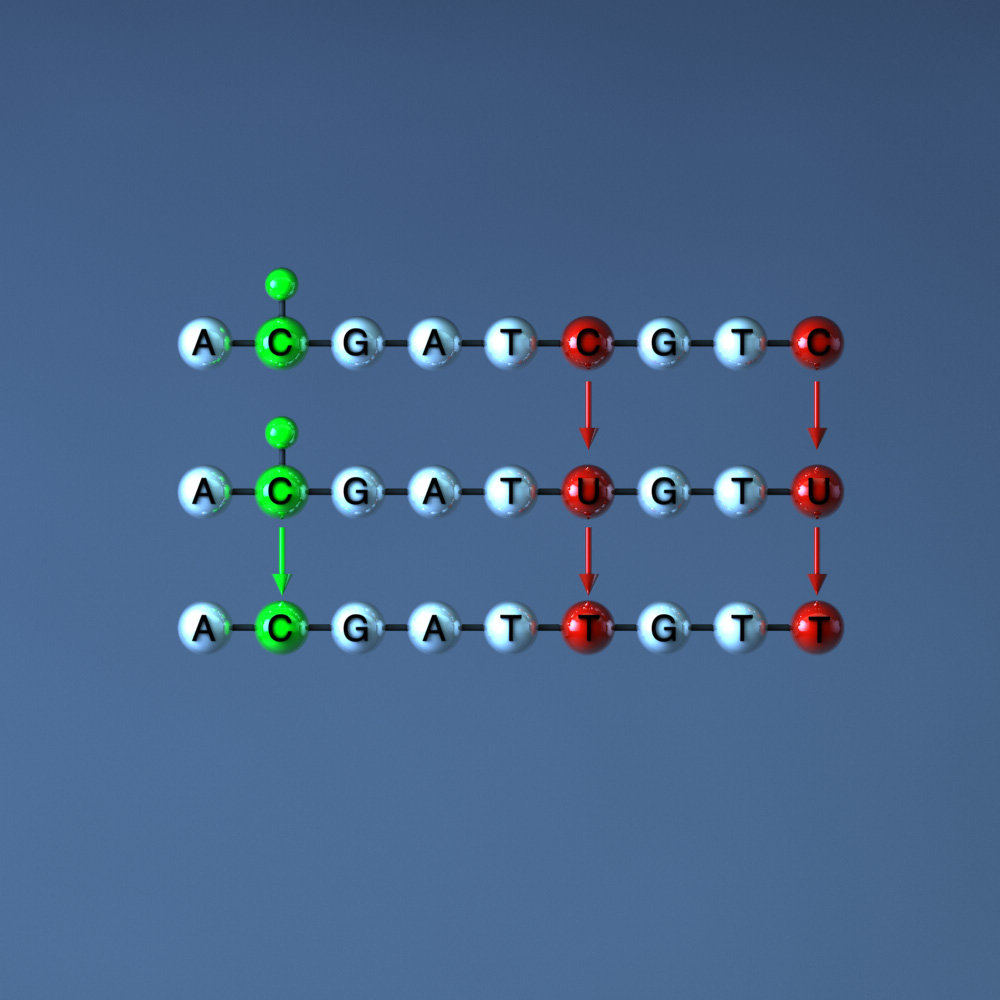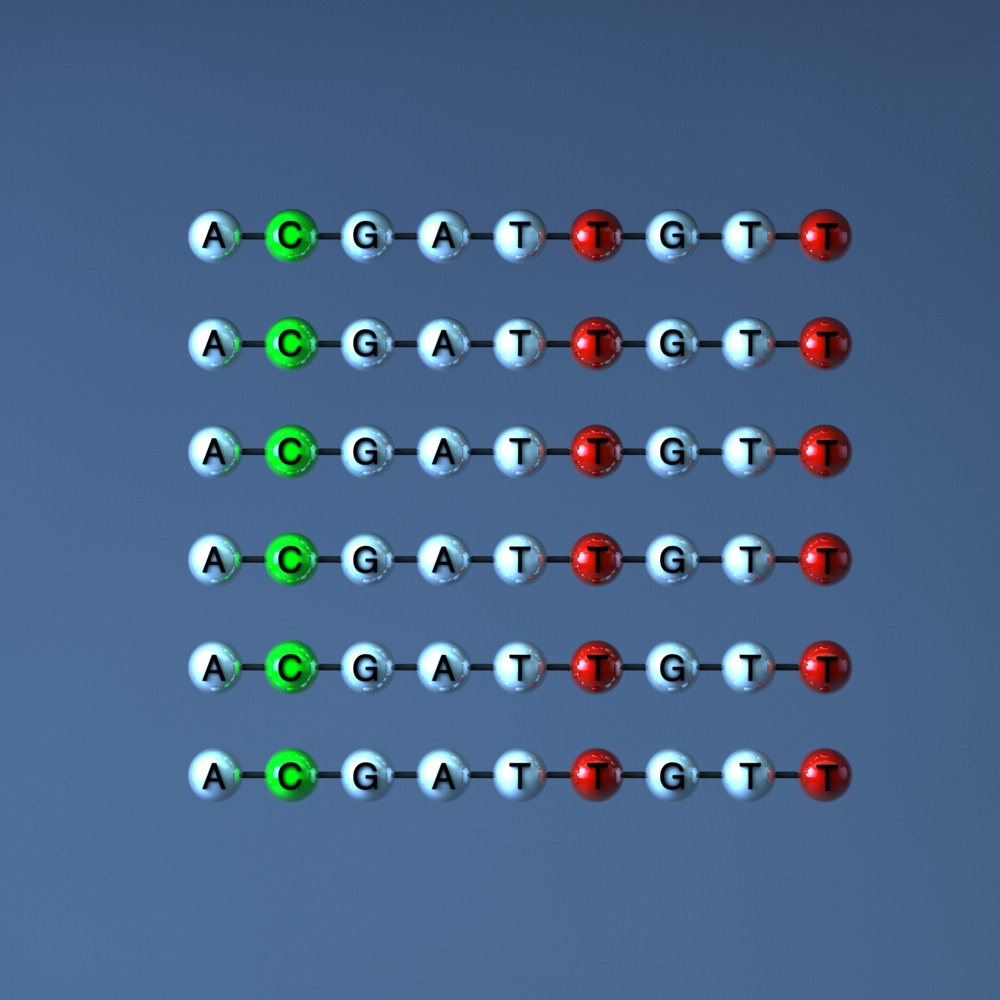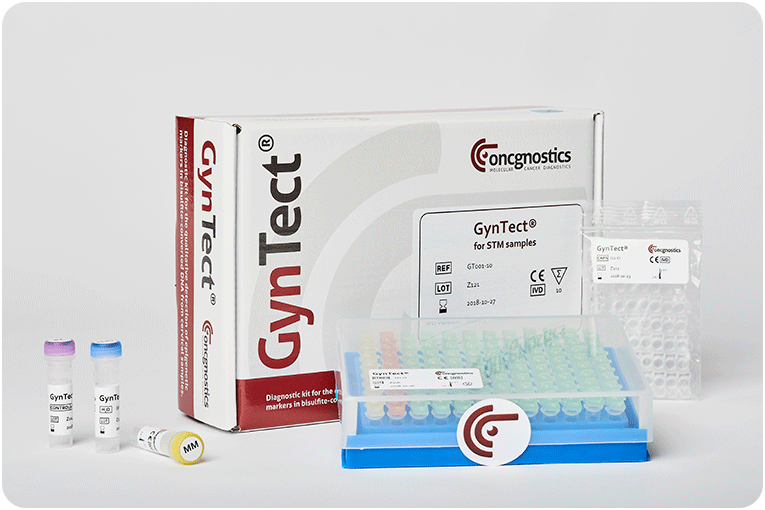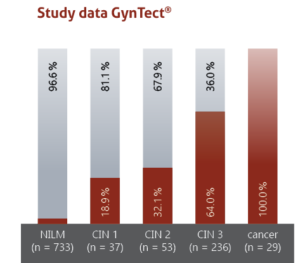An existing infection with HPV may lead to genetic instability of the infected cells and eventually cervical cancer. In the course of carcinogenesis, changes (methylation) occur in the DNA.
If the Pap test is abnormal or the HPV test is positive in a cervical cancer screening, the affected patient is suddenly in a special situation, as both tests indicate a potential cancer. In many cases, however, no malignant disease is present and the positive test result was a false alarm. For medical clarification, further examinations are necessary, such as a colposcopy, and if necessary, a colposcopy-guided biopsy. In the case of abnormalities, the allegedly affected tissue is often removed prematurely.


